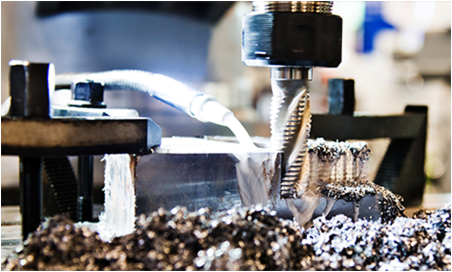Nov . 10, 2024 21:50 Back to list
Exploring M20x1.0 Nut Specifications and Applications for Engineering Projects
Understanding the Importance of M20 x 1.0 Nuts in Industrial Applications
When discussing fasteners in mechanical engineering and manufacturing contexts, the M20 x 1.0 nut stands out as a crucial component. The term M20 refers to the metric thread size, indicating that the nut has a nominal diameter of 20 millimeters. The 1.0 signifies the pitch of the thread, which is the distance between threads measured in millimeters. In this case, the distance is 1 millimeter. This article will explore the critical role of M20 x 1.0 nuts, their typical applications, and the considerations that must be taken into account when using them.
Characteristics of M20 x 1.0 Nuts
M20 x 1.0 nuts are typically manufactured from high-strength materials such as steel, stainless steel, or plastic composites. Steel nuts may be treated with coatings like zinc plating to enhance corrosion resistance. The mechanical properties of these nuts guarantee that they can withstand high levels of stress, making them essential in applications where structural integrity is paramount.
The dimensions of M20 x 1.0 nuts ensure compatibility with other components, such as M20 bolts or screws. The combination of bolt and nut creates a secure fastening system that holds component parts together reliably. This nut size accommodates a variety of tools for tightening, such as spanners or socket wrenches, which add convenience for assembly and maintenance.
Applications of M20 x 1
.0 NutsM20 x 1.0 nuts find applications across a wide range of industries, including automotive, construction, and machinery. In the automotive sector, they are used to secure parts like engine components, transmissions, and suspension systems where durability and safety are crucial. In construction, these nuts are fundamental in assembling frameworks and large structures, supporting everything from bridges to buildings. Machinery manufacturers utilize M20 x 1.0 nuts for securing components on machines, including gearboxes and housings where efficient operation is essential.
m20 x 1.0 nut

The versatility of M20 x 1.0 nuts extends to their compatibility with various bolt grades and materials, making them an essential part of designing robust mechanical systems. Moreover, their standardization within the metric system makes them interchangeable across different manufacturers, thereby simplifying procurement and inventory management.
Considerations When Using M20 x 1.0 Nuts
While M20 x 1.0 nuts are reliable fasteners, several considerations must be addressed to ensure optimal performance. First is the selection of the appropriate nut grade, which affects strength and load capacity. For instance, the commonly used Grades 8 and 12 indicate higher strength levels suitable for heavy-duty applications.
Next, proper torque specifications must be adhered to during installation. Over-tightening can lead to stripping threads or even breaking the bolt or nut, while under-tightening risks loosening due to vibration or movement. It's essential to consult manufacturer specifications or general torque charts to find the correct tightening values for M20 x 1.0 fasteners.
Additionally, environment considerations such as exposure to moisture, chemicals, or high temperatures can influence the performance of M20 x 1.0 nuts. Choosing nuts with suitable coatings or materials helps enhance durability in harsh environments.
Conclusion
In summary, M20 x 1.0 nuts are indispensable components in many industrial applications, offering strength, reliability, and versatility. Their compatibility with various materials and tools further cements their place in engineering and manufacturing fields. Whether in automotive assembly lines or construction projects, the correct use and selection of M20 x 1.0 nuts can significantly contribute to the longevity and safety of the installations. Proper understanding and management of these fasteners enable engineers and builders to create robust systems that meet modern-day demands efficiently.


